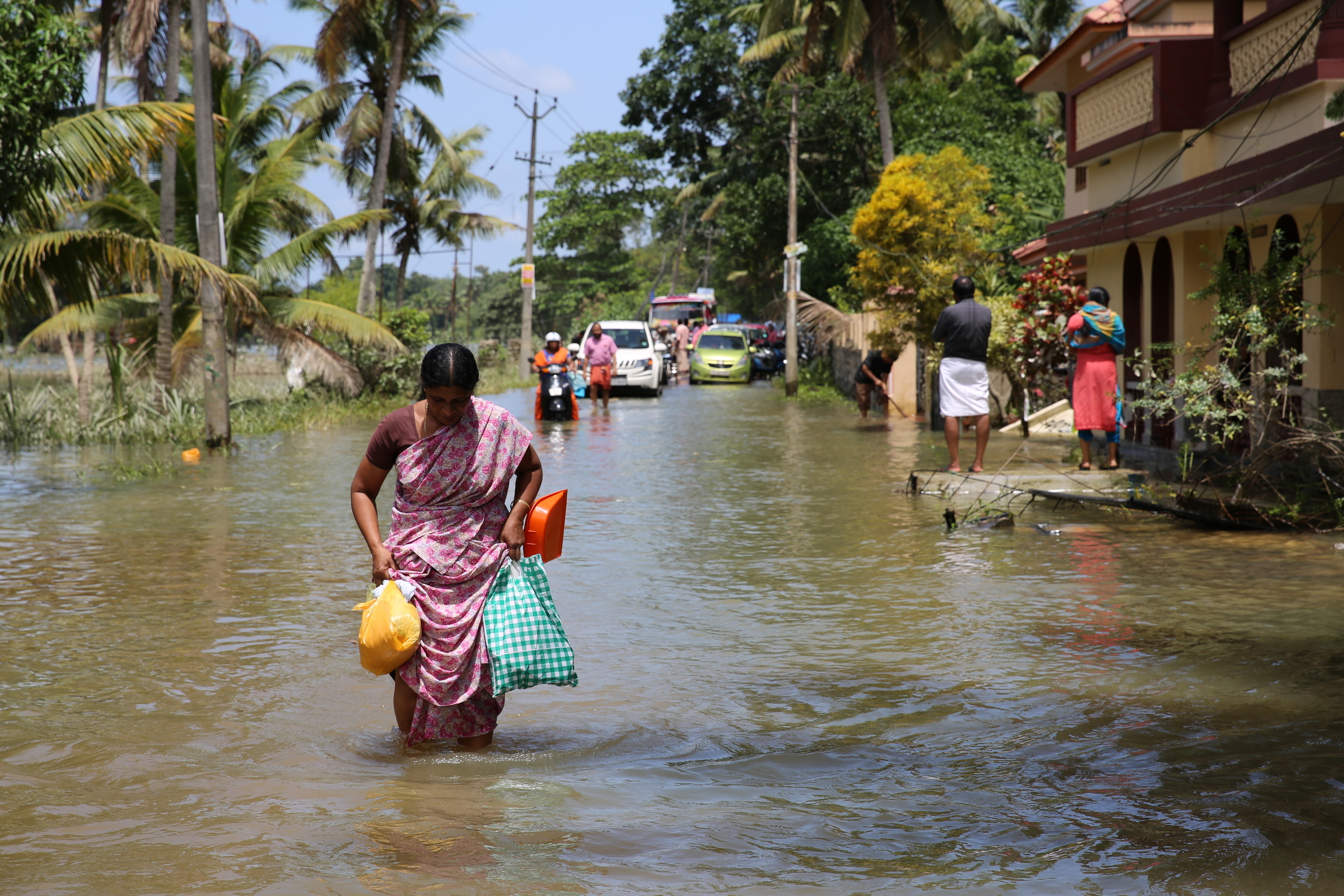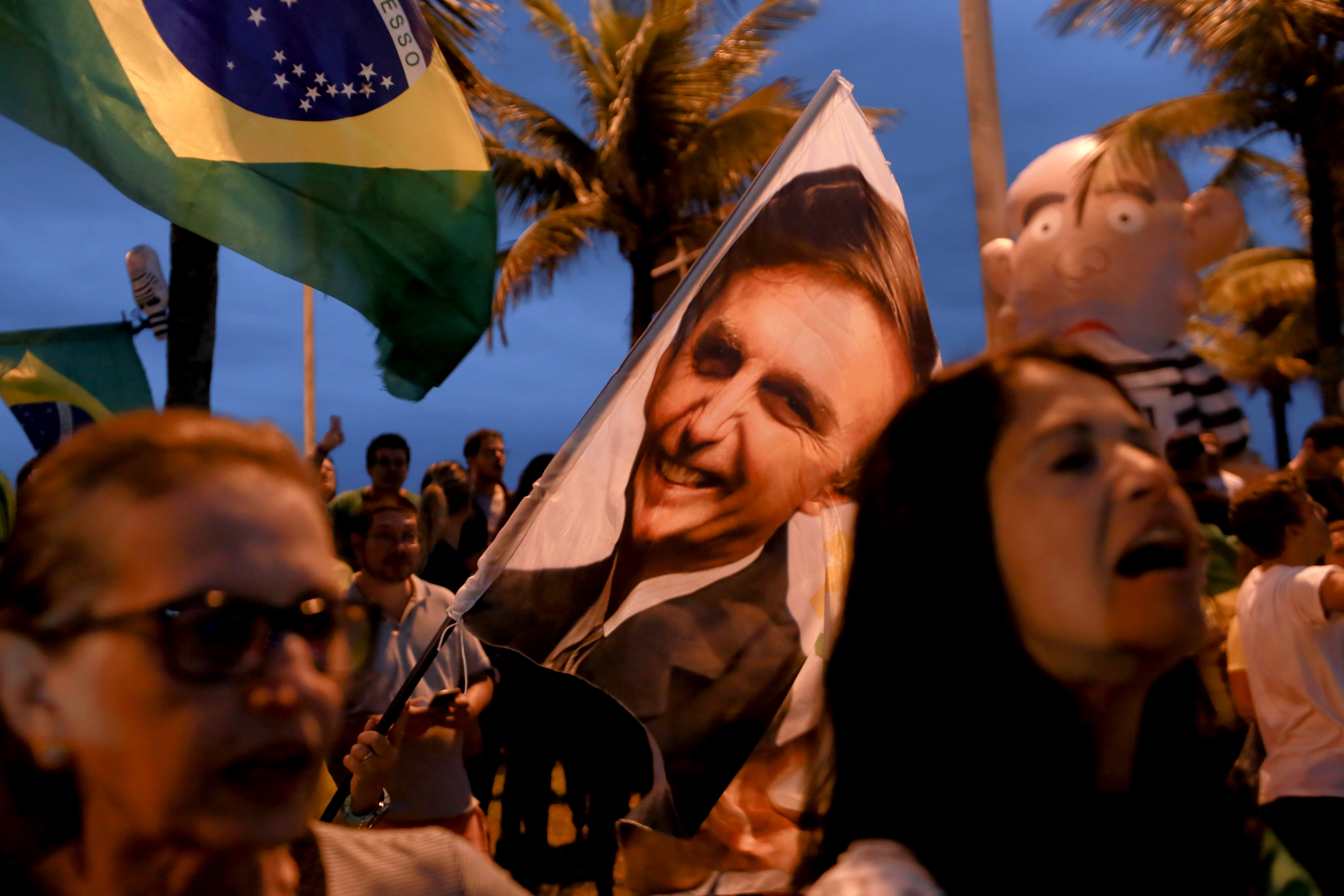On Sunday 7 October, just under 150 million people voted for the federal and state levels of government in Brazil, a country where voting is compulsory.
However, as no presidential candidate achieved a majority of 50 per cent, a second round of voting will be held on 28 October to determine the country’s new President.
This year’s presidential and congressional elections are a pivotal moment for Latin America’s largest country, plagued by worsening economic and social problems. Widespread corruption, spiralling crime rates, and a budget deficit have led to a polarised Brazilian electorate searching for change.
However, one crucial issue has been largely absent from election campaigns coverage but is causing unprecedented bloodshed: the unregulated exploitation of the Amazon.
In May last year, 25 landless rural workers camped on Santa Lucia farm in the Amazonian state of Pará woke to the sound of shouting and the approach of police cars. Some managed to escape by diving into a nearby lake, while others hid in thick forest, but as a heavy rainstorm broke, 10 sought shelter under a canopy. Witnesses reported that here the workers were taunted by civil and military police and shot dead, one by one.
This massacre, the worst in decades, represents a growing darker reality of Brazil. There has been a long and violent struggle for land reform in the Amazon region between poor landless workers and large landowners. Large areas of land, often acquired illegally, have been destroyed for mining, farming and cattle ranching.
Land reform legislation had enabled thousands of landless families to gain a plot of land, so they could have a safe place to call home and feed their families, and this would have included the families of Santa Lucia.
But the current government has dismantled the legislative framework that protects the human rights of the poorest and most marginalised in favour of austerity measures and economic exploitation of the environment.
Killings of landless rural workers and indigenous communities are increasing. According to Global Witness, in the past decade Brazil has been the most dangerous country in the world for land and environmental defenders. Last year was the deadliest on record, with 57 murders.
Alongside the violence, the current Brazilian government is implementing laws to restrict the constitutional right of indigenous people to own land and has cut health and education budgets.
The struggle to protect the Amazon basin matters not only for Brazil, but for the whole planet. The damage to the world’s largest rainforest from economic exploitation threatens to accelerate climate change.
But land represents power and profit in a region rich in natural resources. Indigenous and landless rural communities act as defenders of this precious environment and are losing their lives to protect it.
The Santa Lucia farm massacre, in Pará state’s Pau D’Arco municipality, demonstrates how impunity of powerful landowners, and even the police, is rife in the Brazilian Amazon. CAFOD’s local partner organisation, the Pastoral Land Commission (CPT), helped to launch legal investigations and court proceedings against 17 of the 29 policemen on the scene that day.
In July, however, the policemen held during the investigations were released, posing a great threat to surviving community members, many of whom had returned to the region. Lawyers who continue to work on the case have been under surveillance and have received death threats.
The fight for justice for land conflict crimes has always been challenging.
CPT reports that between 1985 and 2015, only a little over 100 of the 1,270 murders linked to land conflict in Brazil have ever reached court, due to lack of rule of law and a slow and biased justice system.
Now, more than ever, Brazil’s new government must urgently address the root causes of these social and environmental injustices. It has been killing people and destroying the Amazon rainforest for decades.
Esther Gillingham is CAFOD’s Brazil Programme Officer



 Loading ...
Loading ...
What do you think?
You can post as a subscriber user ...
User comments (0)